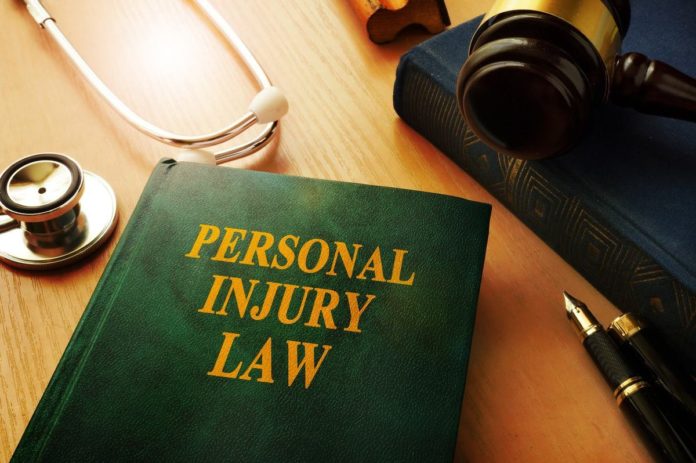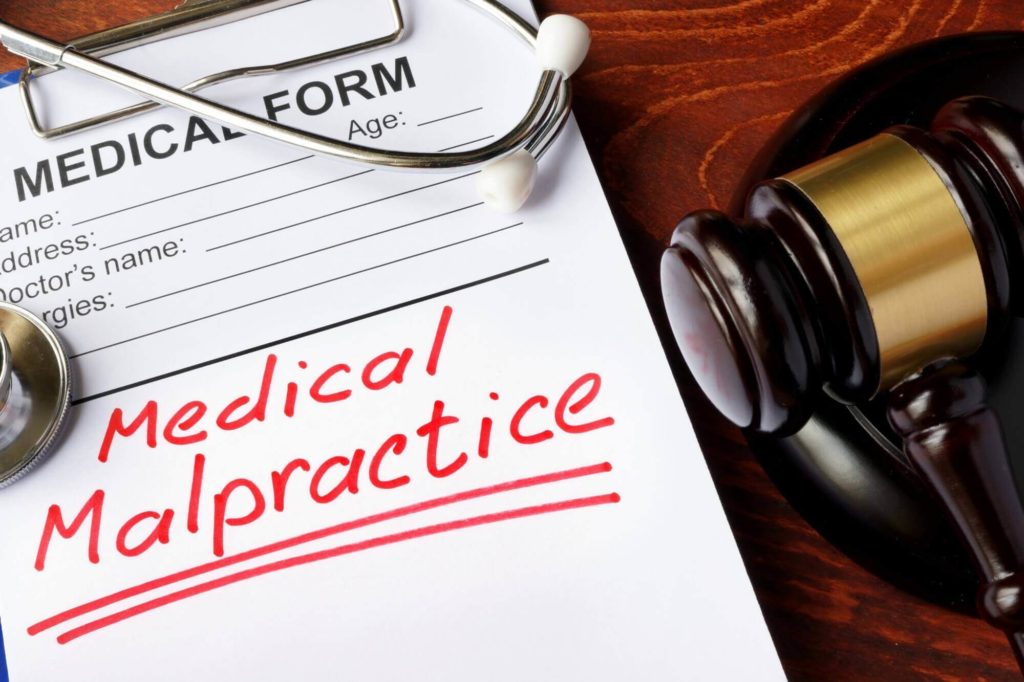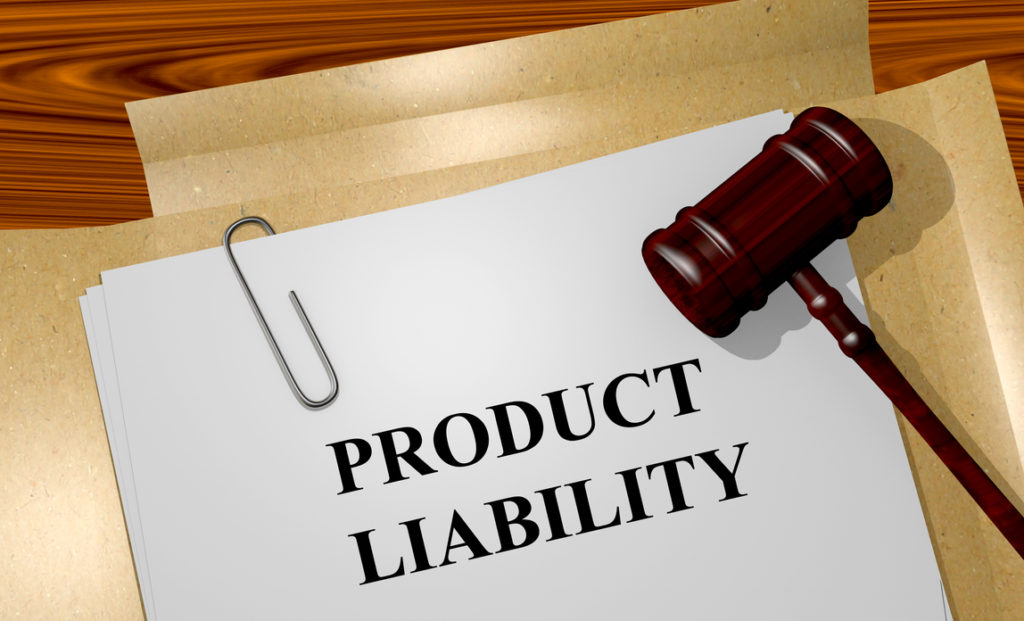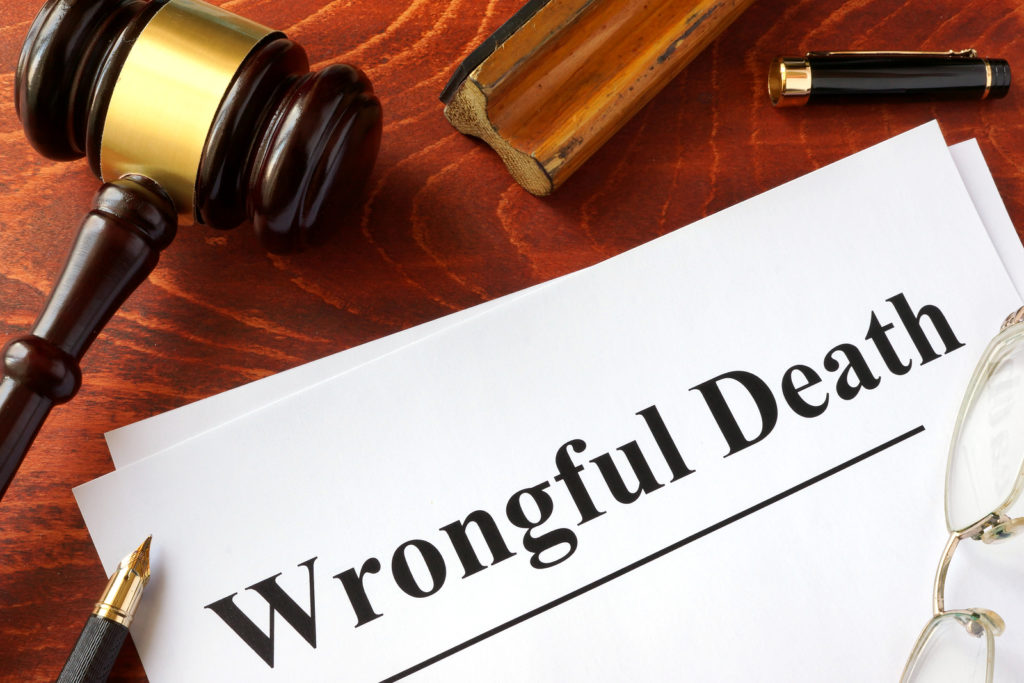
It’s hard to miss the many billboards and online advertisements for personal injury attorneys looking to settle a person’s injury claims. You might think that those who seek compensation for a car accident or other personal injuries are just looking for a payday, but when it happens to you, you’ll understand the pain, suffering, and losses experienced during this time.
A personal injury can occur when someone intentionally harms another person, during an accident, or based on negligence. It could be as simple as a person slipping on an unmarked, freshly mopped grocery store floor. This negligence entitles you to compensation for your injuries and suffering.
Sometimes, filing a personal injury lawsuit is about suing more than just the person responsible. In many cases, the insurance companies fail to give a proper payout, leaving you high and dry for the rest of your bill. According to Scott C. Gottlieb, a personal injury attorney in New York, this is the reason he switched careers from an assistant public defender to a personal injury attorney.
“I realized that the insurance companies were more interested in maximizing their profits than helping the injured person,” Gottlieb says.
His firm, and many others like it, specialize in getting justice for those who have fallen victim to harsh, negligent, or greedy individuals or groups. There are many types of personal injury cases to consider, but these are the most common:
1. Car Accidents

Every year, the U.S. sees about 6 million car accidents, resulting in millions of injuries and almost 33,000 deaths per year. Sometimes, an accident truly is an accident with no justifiable blame, but more often than not, one party causes it, and they should be held responsible for their actions, not only to provide compensation for your injuries but also to keep them from hurting someone else.
2. Slips and Falls

This type of accident suit is usually filed against a property owner. For example, a landlord has a responsibility to keep common areas of an apartment building hazard-free, and a slip or trip resulting in an injury holds the landlord liable.
3. Medical Malpractice

Malpractice suits are filed against health care professionals who fail to offer the appropriate standard of care to a patient. Most suits are filed because a healthcare provider makes a mistake, intentionally harms a patient, or neglects a patient. Misdiagnoses that cause patients’ conditions to worsen significantly can also be considered medical malpractice.
In order to file a medical malpractice suit, the plaintiff must be able to prove that a professional relationship exists between the patient and provider and that an injury occurred at the hand of the provider.
4. Dog Bites

Dog bites are no laughing matter. U.S. emergency rooms see about 800,000 dog attack cases per year, some of which are fatal.
If a pet bites another person, the owner can be held responsible for the resulting medical bills in most cases. The rules can vary from state to state. Some states have a “one bite” rule, meaning that a single dog bite does not warrant a personal injury suit. The animal must be proven aggressive or likely to bite based on previous history of bites before a suit can be filed against the owner.
5. Assault

If a person assaults you or performs any other type of intentional harm to your person, their actions are not only punishable by law, but you also have grounds to sue them for their actions. They should be held liable for any medical bills, pain, and suffering you experience at their hands.
6. Product Liability

When a company produces a product for consumer use, they’re held to a higher standard. They must thoroughly test it for potential hazards. Unfortunately, mistakes are made, and corners are cut in the name of profits, and too many hazardous products are sold every day.
As an example, Fisher-Price recently recalled its Rock ‘n Play sleeper after reports of 32 babies dying over the last eight years, according to NPR. The company recalled 4.7 million units and is facing numerous personal injury and wrongful death claims.
7. Defamation

Did you know it’s illegal to publicly spread negative comments about another person? If someone spreads lies or stretches the truth about you, intending to harm your reputation, that’s called libel or slander. It can lead to a defamation personal injury suit. This is not an easy case to plead. The lines of defamation and idle chatter are blurry, and it’s difficult to prove defamation in many cases. Still, it’s worth pursuing if you’ve been the victim of someone else’s malicious lies.
8. Pharmaceutical Mistakes

Pharmacies are not infallible, and they might make a mistake with your prescription. They could give you the wrong prescription or send your medication to someone else.
Pharmaceutical companies are also held to the highest standard of care when putting medication on the market. Any side effects must be listed on the medication, and the medication must pass certain screenings before it can hit medication store shelves.
However, some companies make mistakes or intentionally release medications that are not properly tested—these companies can and should be sued to help the individuals who have been harmed, as well as prevent them from making more mistakes.
9. Wrongful Death

The most heart-wrenching personal injury cases involve individuals dying at the hand of another. A wrongful death case can be filed as a result of any of the accidents, negligent acts, or intentional harm on this list, and the party responsible should help to pay for the damages and loss incurred.
Typically, only a close family member (such as a spouse, child, parent, or sibling) can file a wrongful death suit, but there are situations where close friends and extended family can file as well.
10. Workplace Accident

Companies must be very careful to prevent accidents in the workplace, and if they’re negligent or cut corners, an injured worker can file a personal injury suit. Most companies have worker’s compensation insurance to cover medical bills and lost wages for workplace accidents, but if the payout isn’t enough, or the employer doesn’t have worker’s compensation insurance, you can sue for damages.














